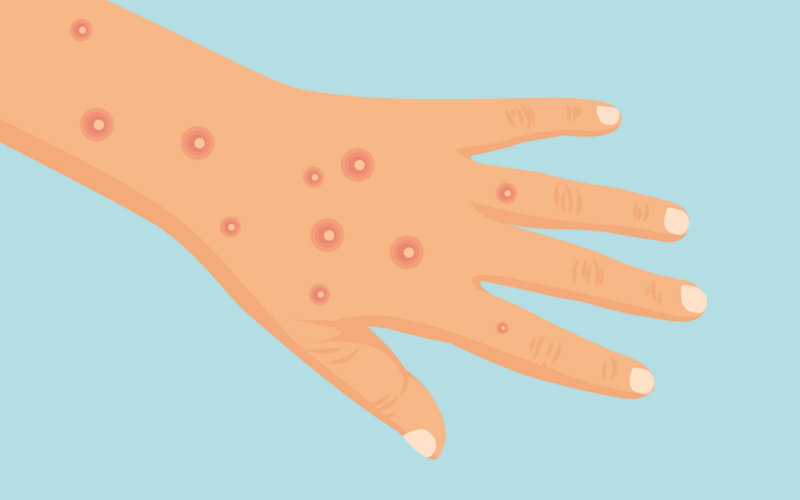Strategies to Prevent Heart Disease: Embrace a Heart-Healthy Lifestyle
Heart disease remains one of the leading causes of death globally, but it is often preventable through lifestyle changes

Heart disease remains one of the leading causes of death globally, but it is often preventable through lifestyle changes. By adopting heart-healthy habits, you can significantly reduce your risk of developing heart disease. Here are effective strategies to help you protect your heart:
1. Maintain a Healthy Diet
A balanced diet is crucial for heart health. Focus on the following dietary guidelines:
- Eat Plenty of Fruits and Vegetables: Aim for a variety of colors to ensure you get a range of nutrients.
- Choose Whole Grains: Opt for whole grains like brown rice, oatmeal, and whole-wheat bread.
- Limit Unhealthy Fats: Reduce intake of saturated and trans fats found in red meat, full-fat dairy products, and processed foods.
- Include Healthy Fats: Incorporate sources of unsaturated fats such as olive oil, avocados, nuts, and fatty fish like salmon.
- Reduce Salt Intake: Aim to consume less than 2,300 milligrams of sodium per day. Avoid adding extra salt to your meals and be mindful of high-sodium processed foods.
- Limit Added Sugars: Cut back on sugary beverages, snacks, and desserts.
2. Exercise Regularly
Physical activity is essential for a healthy heart. Strive for the following:
- Aerobic Exercise: Engage in at least 150 minutes of moderate-intensity aerobic exercise (e.g., brisk walking) or 75 minutes of vigorous-intensity exercise (e.g., running) per week.
- Strength Training: Incorporate strength training exercises at least two days a week.
- Stay Active: Look for opportunities to move throughout the day, such as taking the stairs, walking during breaks, or engaging in recreational activities.
3. Maintain a Healthy Weight
Excess weight, particularly around the abdomen, can increase the risk of heart disease. Consider these tips:
- Monitor Your Weight: Keep track of your weight regularly to identify any significant changes.
- Set Realistic Goals: Aim for gradual weight loss through a combination of diet and exercise.
- Seek Support: Consider joining a weight-loss group or consulting a dietitian for personalized guidance.
4. Avoid Smoking and Limit Alcohol
Smoking and excessive alcohol consumption can damage your heart. Follow these guidelines:
- Quit Smoking: Seek help to quit smoking, such as counseling, support groups, or nicotine replacement therapies.
- Limit Alcohol: If you drink alcohol, do so in moderation. This means up to one drink per day for women and up to two drinks per day for men.
5. Manage Stress
Chronic stress can contribute to heart disease. Practice these stress-reducing techniques:
- Practice Mindfulness: Engage in mindfulness practices such as meditation, deep breathing exercises, or yoga.
- Stay Connected: Maintain strong social connections with family and friends.
- Prioritize Self-Care: Make time for activities you enjoy and ensure you get enough sleep.
6. Monitor and Manage Health Conditions
Certain health conditions can increase your risk of heart disease. Regular check-ups and management are crucial:
- Control Blood Pressure: Monitor your blood pressure regularly and follow your doctor's advice to keep it within a healthy range.
- Manage Cholesterol Levels: Have your cholesterol checked and manage high levels through diet, exercise, and medication if needed.
- Manage Diabetes: Keep your blood sugar levels under control if you have diabetes.
7. Regular Health Screenings
Regular screenings can help detect risk factors for heart disease early:
- Blood Pressure Screening: Check your blood pressure at least once every two years if it's normal, or more frequently if it’s high.
- Cholesterol Levels: Get your cholesterol levels checked every four to six years, or more often if you have a higher risk.
- Diabetes Screening: Screen for diabetes if you have risk factors like obesity or a family history.
Preventing heart disease requires a comprehensive approach that includes a healthy diet, regular exercise, weight management, and avoiding harmful habits like smoking and excessive alcohol consumption. Additionally, managing stress, monitoring health conditions, and undergoing regular health screenings are vital steps to protect your heart. By adopting these strategies, you can significantly reduce your risk of heart disease and improve your overall health and well-being.





